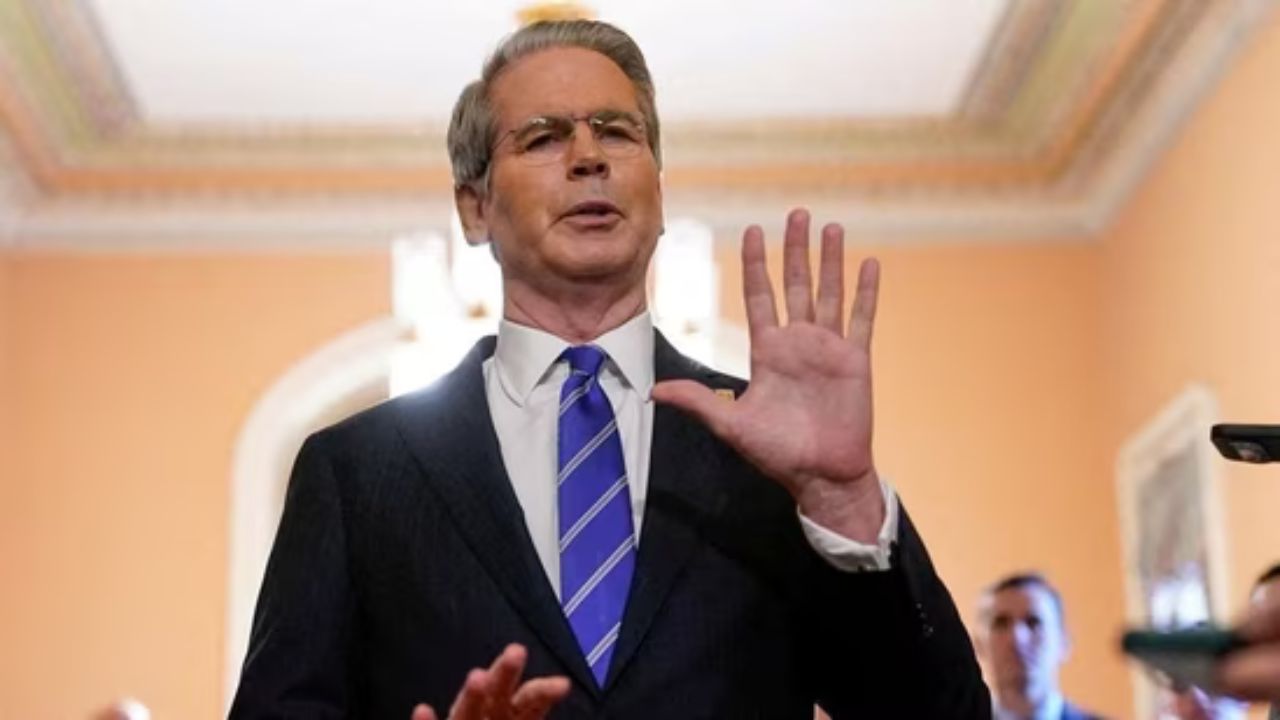The relationship between the United States and India has always been one of both collaboration and complexity. While the two nations share strong democratic values and strategic interests, their differences—particularly on trade and energy—continue to create friction.
Recently, Scott Bessent, US Treasury Secretary under the Trump administration, addressed these challenges, expressing both frustration and optimism. Speaking in a television interview, he described the India-US relationship as “very complicated,” but added that he firmly believes the two countries will “eventually come together.”
Tensions Over Trade and Tariffs
Bessent’s comments came just hours after Washington’s additional 25% tariff on Indian goods went into effect. The tariff was imposed as a response to New Delhi’s continued purchase of Russian oil, which the US views as undermining Western sanctions.
While acknowledging India’s importance as the world’s largest democracy, Bessent argued that America still holds the upper hand in trade talks. He expressed disappointment at the slow pace of negotiations, saying he had expected a trade deal with India to be among the first Washington would finalize after Trump’s sweeping global tariffs were announced on April 2.
“The Indians came in very early after Liberation Day to start negotiating on tariffs, and we still don’t have a deal,” Bessent noted. “I thought India could be one of the earlier deals. But they kind of tapped us along in terms of the negotiations.”
The Russian Oil Question
One of the sharpest points of contention has been India’s purchase of Russian crude oil. Bessent accused India of “profiteering” from discounted Russian energy sales, while “tapping us along” in trade negotiations.
India, however, has defended its stance. External Affairs Minister S. Jaishankar recently stated:
“If you have a problem buying oil or refined products from India, don’t buy it. Nobody forces you to buy it. Europe buys, America buys, so if you don’t like it, don’t buy it.”
This blunt response highlights India’s insistence on prioritizing its national interests while resisting external pressure.
A Complicated Yet Promising Future
Despite these differences, Bessent stressed the strong personal ties between leaders, saying:
“President Trump and Prime Minister Modi have very good relationships at that level.”
His belief that Washington and New Delhi will “eventually come together” reflects a recognition of the strategic importance of the partnership. With India being a rising economic powerhouse and the US being the world’s largest economy, both nations ultimately stand to gain from closer cooperation.
For now, the road to a comprehensive agreement may be long and bumpy, but the shared democratic values and geopolitical interests suggest that India and the US will find common ground—even if the path is complicated.


